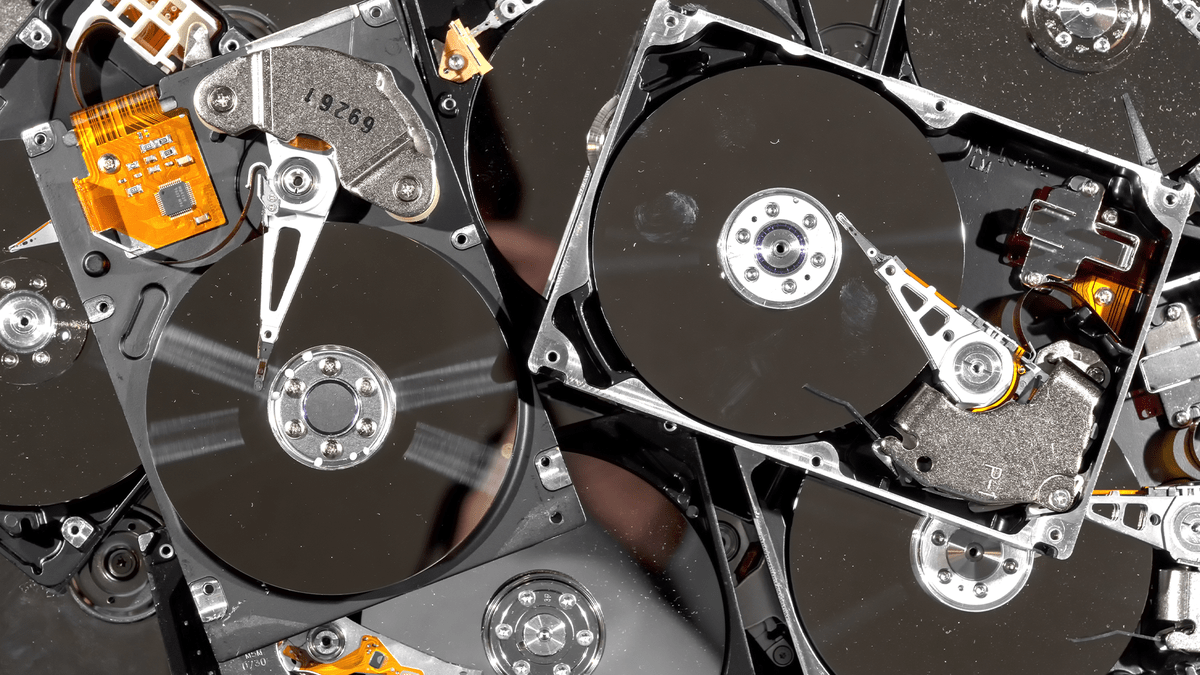
According to Backblaze data, HDDs have an have a 1.40% chance of failing within any given year. Most HDD failures occur at 2.5 years of continuous use, but if an HDD survives past this age, it should continue working for a long time.
Every few months, Backblaze publishes a failure rate analysis of the HDDs in its massive data centers. And the latest Backblaze report is quite revealing—it estimates the likelihood of a random drive failure, and it shows us when the average failure occurs in an HDD’s lifespan. Still, there are major caveats to this data.
The most important metric here, at least for our purposes, is annualized failure rate or AFR. Don’t let your eyes glaze over—AFR describes the likelihood of an HDD failure within one calendar year of continuous use. Backblaze’s latest data, which includes 236,893 HDDs of differing models and capacities, shows an average lifetime AFR of 1.40%.
Many of the drives contributing to this metric are more than a few years old. So, we can estimate that any HDD, ignoring its model or age, has about a 1.40% chance of kicking the bucket at any given year of continuous use. (Note that Backblaze’s data takes previous lifetime AFR estimates into account. If you only look at data from Q1 of 2023, Backblaze found an average 1.54% AFR.)
I should also note that, although Seagate drives experienced a ridiculously high 2.28% AFR within Q1 of 2023, most of Backblaze’s Seagate drives are between five and seven years old. Failure at that age is not a surprise.
But when will your hard drive die? Unfortunately, we don’t have a great answer to that question. Most HDD failures occur at the 2.5-year mark, according to Backblaze data. But this particular data point only includes drives that experienced failure. Meaning that if an HDD does not fail within its first three years of operation, it should continue to work for a long time.
This phenomenon, called a “bathtub curve,” is fairly common in the world of mechanical hardware. If a product is subject to the “bathtub curve,” there’s a greater chance of mechanical failure at the early and late stages of its lifespan. Failures in the middle of a mechanical product’s expected lifespan are somewhat uncommon. (Anyway, it may be prudent to buy HDDs with 3-year warranties, rather than 2-year warranties.)
Of course, Backblaze’s data is imperfect and constantly changing. And because Backblaze’s testing occurs within a professional data storage environment, its data is more useful to hardcore computer users. Still, it’s some of the only real-world data we have on continuous HDD performance within a controlled environment.
This is also a good reminder that hard drives fail, and that you should back up any important data ASAP. Try to keep two local backups and one remote backup (in the cloud, for example) to ensure that a random act of nature won’t destroy all of your data.
Source: Backblaze
